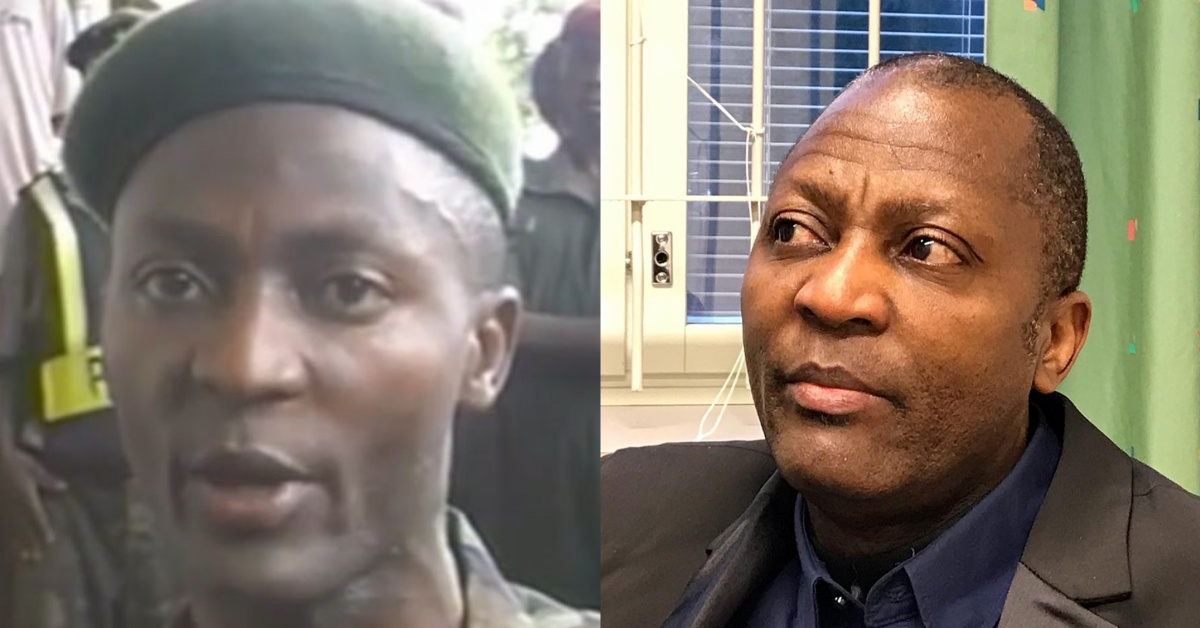Gibril Massaquoi, a former commander in Sierra Leone’s Revolutionary United Front (RUF) during the country’s brutal civil war (1990-2002), has filed a US$50 million lawsuit against two human rights organizations – the Global Justice and Research Project (GJRP) and Civitas Maxima (CM).
The lawsuit, submitted to the Civil Law Court in Monrovia, accuses the organizations of malicious prosecution and wrongful actions. The hearing is set to begin on June 15th, 2024.
Massaquoi, through his Attorney-In-Fact Cllr. Eugene Lamie Massaquoi, is seeking US$20 million in punitive damages and US$30 million in general damages. The lawsuit hinges on claims that the defendants provided false evidence to Finnish authorities, leading to Massaquoi’s arrest in March 2020.
Finnish authorities arrested Massaquoi in Tampere on charges of war crimes committed during Liberia’s second civil war (1999-2003). These charges included murder, sexual violence, and the recruitment of child soldiers.
Despite Massaquoi’s past testimony before the Special Court for Sierra Leone and participation in the UN Witness Protection Program, he maintains his innocence in the Liberian war crimes. The lawsuit alleges the rights groups fabricated evidence used by Finnish authorities, resulting in his arrest and prosecution.
The court documents allege Massaquoi committed acts of violence, including murder and sexual assault, in Lofa County, Liberia between August and December 2001. Additionally, they accuse him of torturing Hassan Bility, founder of the GJRP, in Klay village during July 2002. The lawsuit further claims Massaquoi was responsible for killings and rapes in Monrovia between May and August 2003.
However, Finnish courts ultimately acquitted Massaquoi after a lengthy legal process. The court reportedly found insufficient evidence to support the accusations regarding his involvement in the 2003 Monrovia battles.
The upcoming court hearings will determine the validity of Massaquoi’s claims of malicious prosecution and wrongful actions. The case is set to shed light on the evidence presented by both sides and potentially offer further insights into the events surrounding the Liberian civil war.











